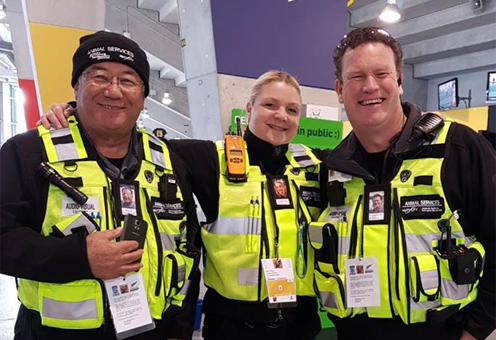Want to be a Dog Control Officer?
BECOME A DOG CONTROL OFFICER
To become a Dog Control Officer, a person must be able to communicate with people from all walks of life. Your communication skills will be tested when you are dealing with a highly emotive dog owner whilst having to seize their dog.
You will need to be able to handle stressful situations as during such a seizure, as there may be Police Officers, Dog Control Officers and an extremely upset dog owner with possibly their friends/relatives present.
You need to be a good educator as some dog owners need guidance to help with issues their dog is facing i.e. barking, wandering. Sometimes, all it takes is a gentle word and the problem is resolved.
Education of children and adults on how to be safe around dogs is also provided by Dog Control Officers either in the classroom or group sessions.
A Dog Control Officer should be able to understand dog behaviour as reports of aggression are not always what they seem. It could be anything from a play bow to dominance or something in-between.
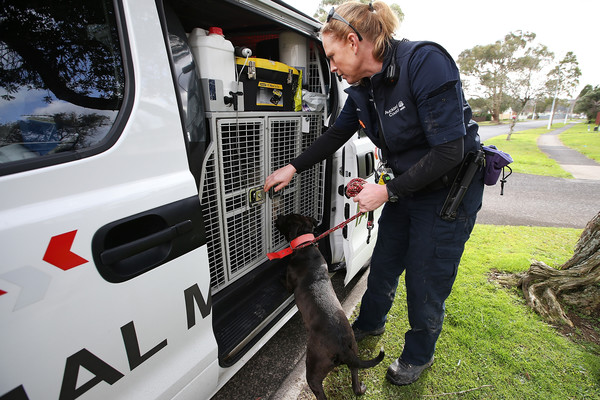
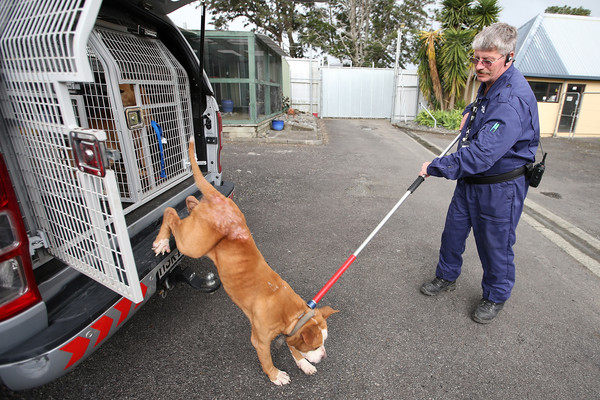
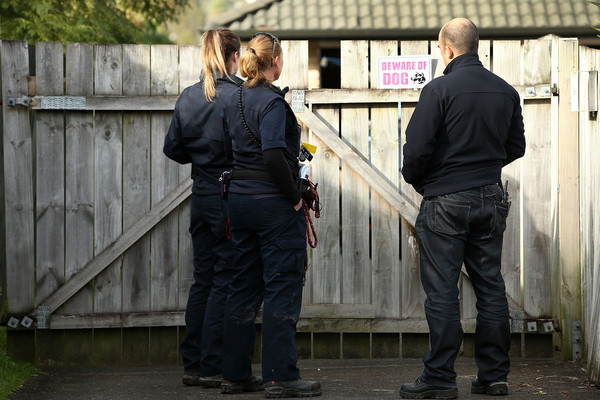
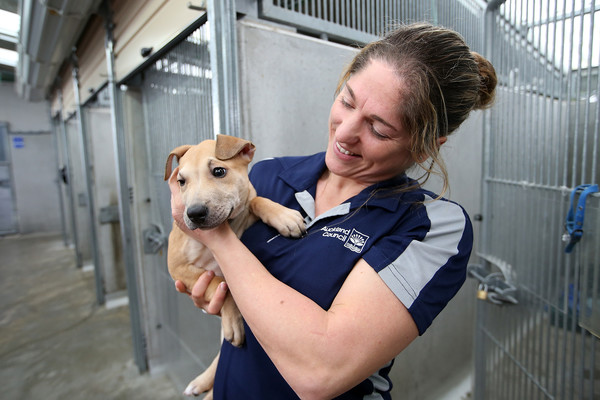
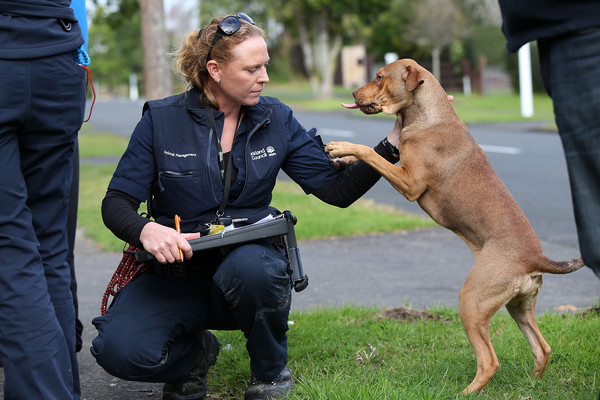
Officers can also be responsible for the Territorial Authorities Animal Shelter which requires cleaning dog pens, bedding, exercise areas and feeding the dogs. Any medication required will also need to be administered (as per owner instructions/vet advice or policy and procedures of the Territorial Authority).
Some dogs, that have not been claimed can be temperament tested for adoption suitability. However there will always be dogs unsuitable to be safety re-homed back in our community so euthanasia is a unpleasant aspect of the role.
You will be required to investigate complaints, so being non-judgmental and having good investigative skills is very important.
Some level of knowledge around stock would also be useful. It is part of a Dog Control Officer’s role is to remove stock from roads and investigate stock wandering complaints.
Whilst there are no qualifications required to become a Dog Control Officer, the New Zealand Certificate in Regulatory Compliance (Core Knowledge)(Level 3) is desirable. Training in all aspects of the role will be provided internally or externally, depending on the Territorial Authority.
To be employed as a Dog Control Officer you would need to approach your local Council to see if any positions are available. Positions are also advertised on this website, Trade Me www.trademe.co.nz or Seek www.seek.co.nz
Being a Dog Control Officer can be a very rewarding career, meeting new people, facing challenges and making a positive difference in our communities.


